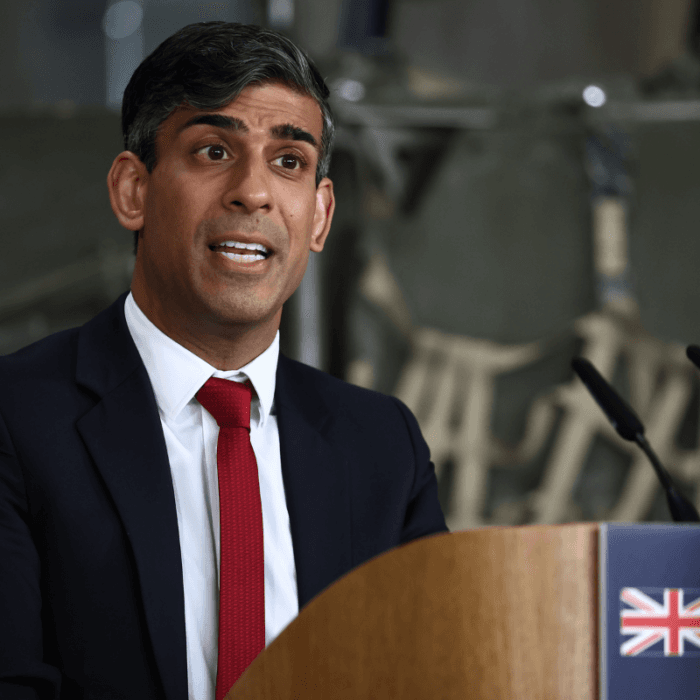Britons should make “sensible safeguards” and prepare for emergencies, including stocking up on at least three days’ supply of food and water at home and ensuring you have access to communications in the event of electricity or internet outages, the deputy prime minister has advised.
Mr. Dowden suggested that most Britons did not have a basic level of preparedness for emergencies, citing a survey released by conference organisers which showed “that just 15 percent of people have an emergency supply kit in their homes while more than 40 percent of people do not have three days’ supplies of non-perishable food and water.”
“Resilience begins at home,” the deputy prime minister said, recommending “that all households take a few minutes to consider their preparedness.”
“This is about sensible safeguards,” he said during the event hosted at King’s College London, adding, “This is about being prepared ahead of events. Small things we can do today that might make a big difference tomorrow.”
‘Get Emergency Supplies’
The government’s “Prepare” website asks visitors “How would you prepare for an emergency?” and advises Britons to undertaken certain preparations, including obtaining supplies to last a few days in case of events “such as a power cut or water outage” or in situations “where you are advised to stay at home or to leave your home for safety reasons.”The guidance recommends putting together an emergency kit, which could include bottled water, non-perishable food that does not need cooking, a first aid kit, batteries, a portable power bank for charging phones, and wind-up or battery torches and radios. Britons should also stock a few essentials in their car in case they get stuck in the snow, including blankets, warm clothing, and a high-visibility jacket.
Topics of focus include droughts, hazardous substance and radiation exposure, terrorism, heatwaves, infectious disease outbreaks, and poor air quality and pollution.
Pandemic Response Testing
During the wide-ranging speech on resilience and security, the deputy prime minister said that at national level the government will “stress-test our response” to emergencies as part of the National Exercising Programme.The programme will test common knock-on effects of crises, with the government conducting a “major ‘Tier 1’ exercise, testing our response to a major pandemic,” five years on from the first lockdown.
“This will be the largest ever simulation of a pandemic in the United Kingdom and will involve thousands of people from across Government and public services,” Mr. Dowden said.

Civil and Military Planning
In recent months, figures in the military and former intelligence chiefs have been warning that the UK—and Europe—needs to get itself onto a war footing, given current geopolitical tensions.In his speech to the London Defence Conference on Wednesday, Mr. Dowden sought to reinforce that “the bedrock of our resilience is the NATO alliance” and that it should consider domestic civilian resilience and military defence as working together.

Mr. Shapps said said that an axis of “authoritarian states” led by China, Iran, North Korea, and Russia were fuelling global conflicts and that U.S. and British defence intelligence had revealed “lethal aid is now flying from China to Russia and into Ukraine.”







